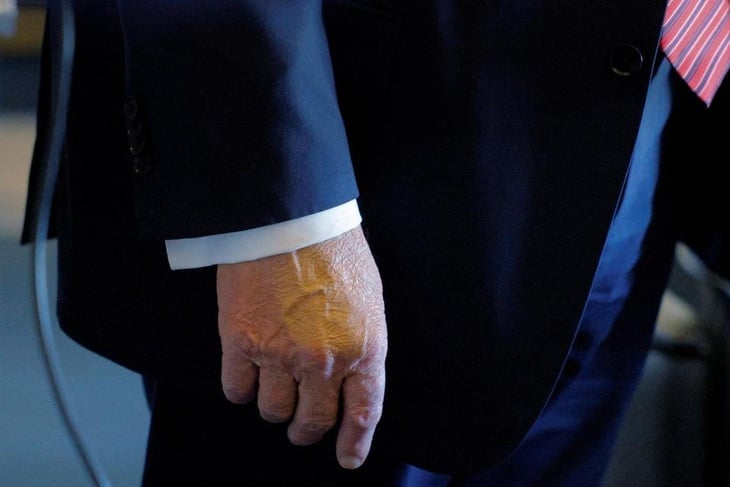
The White House said Mr. Trump also had some bruises on his hands - Photo: REUTERS
On July 17, White House press secretary Karoline Leavitt said Mr. Trump, 79 years old, was diagnosed with chronic venous insufficiency after he showed signs of mild swelling in both legs and bruising on his hands in recent weeks.
Mr. Sean Barbabella, the US president's personal physician, said that Mr. Trump noticed slight swelling in his legs and underwent a comprehensive examination, which discovered chronic venous insufficiency. According to Dr. Barbabella, this condition is "benign" and commonly found in people over 70 years old.
The risk of chronic venous insufficiency, estimated to affect 10 to 35 percent of adults in the United States, increases with age.
The condition typically occurs in the legs and can cause swelling like what Mr. Trump experienced, according to the New York Times .
Other symptoms include varicose veins, pain, and discomfort. In rare cases, venous ulcers can develop, which can take longer to heal than usual, said Dr. Prakash Krishnan, MD, of Mount Sinai Fuster Heart Hospital in New York.
Other risk factors include obesity, pregnancy, and smoking. In addition, people who have to stand for long periods of time at work are also at higher risk of developing chronic venous insufficiency.
According to Dr. Krishnan, this is because the veins, especially those in the legs, have to pump blood back up to the heart. They use these one-way valves and muscles to help pump blood back up to the heart. However, when too much blood accumulates — which can happen when you stand for long periods of time — the pressure can cause the veins and valves to stretch, leading to venous insufficiency.
Treatment usually begins with things like wearing compression stockings to tighten the legs and help blood flow back to the heart.
Patients are often advised to elevate their legs for at least 30 minutes, three times a day. Sometimes patients are also advised to lose weight or do resistance exercises to improve blood flow.
If these measures don't work, doctors may try more advanced treatments, such as sclerotherapy to shrink the veins or using a laser to seal them off. The body then redirects blood through other, healthier veins.
The White House also noted that Mr. Trump had some bruising on his hands, which Dr. Barbabella said was caused by tissue irritation from frequent handshakes and aspirin use, which Mr. Trump takes for heart health.
During the comprehensive examination, Mr. Trump also underwent an echocardiogram and blood tests. All indicators were within acceptable limits and no signs of heart failure, kidney failure or systemic disease were detected. Dr. Barbabella assessed that "President Trump is still very healthy."
Source: https://tuoitre.vn/benh-suy-tinh-mach-man-tinh-la-benh-gi-phong-tranh-ra-sao-20250718095421857.htm


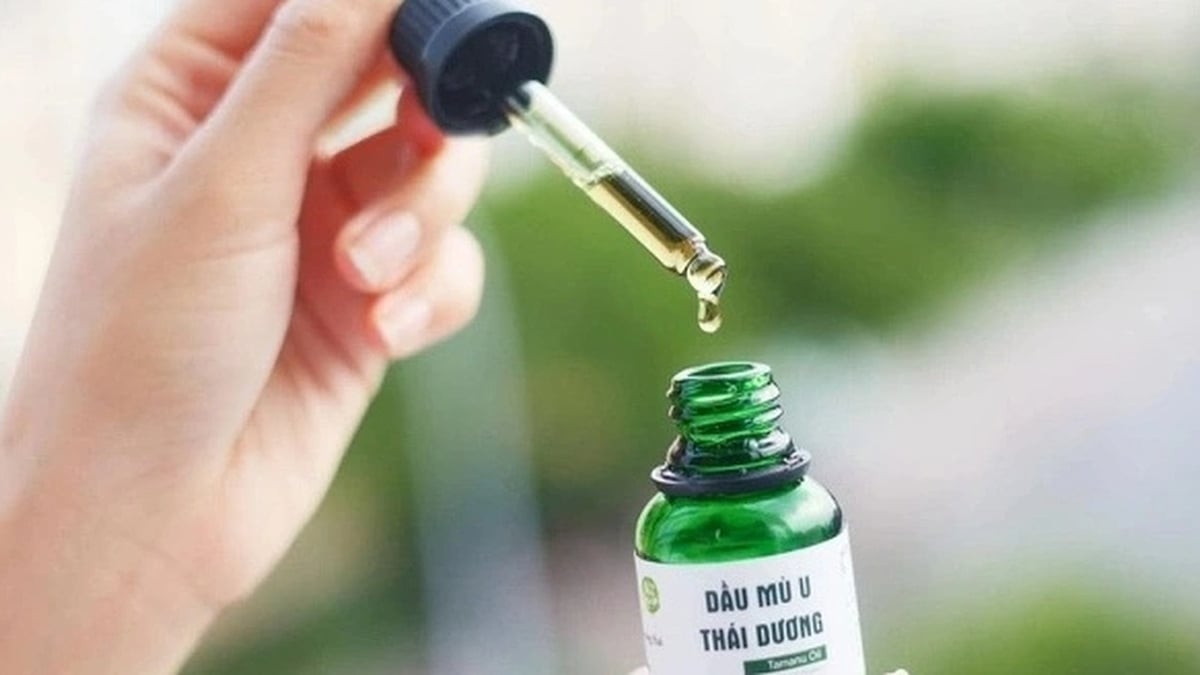

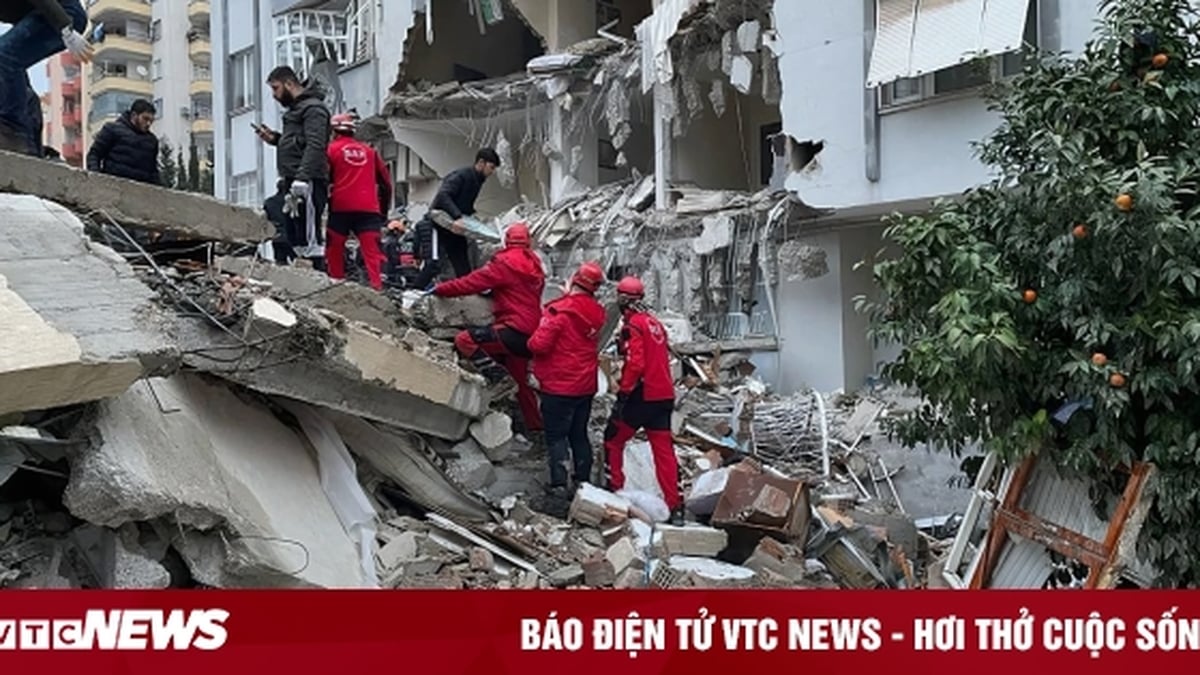
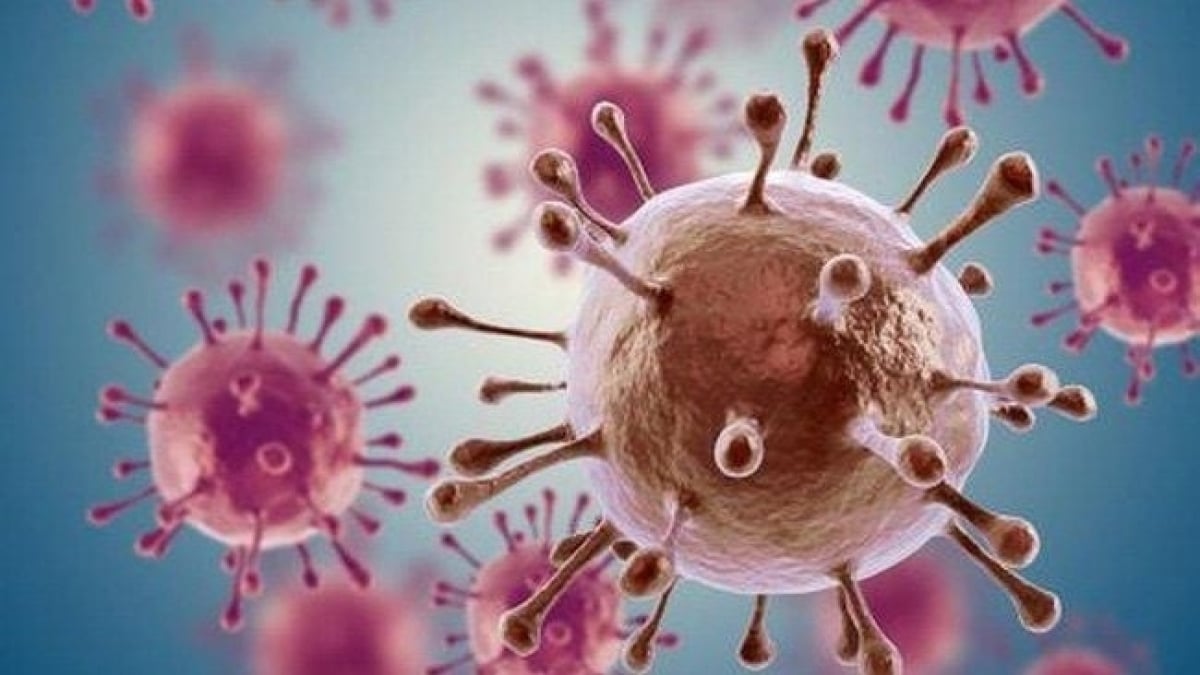
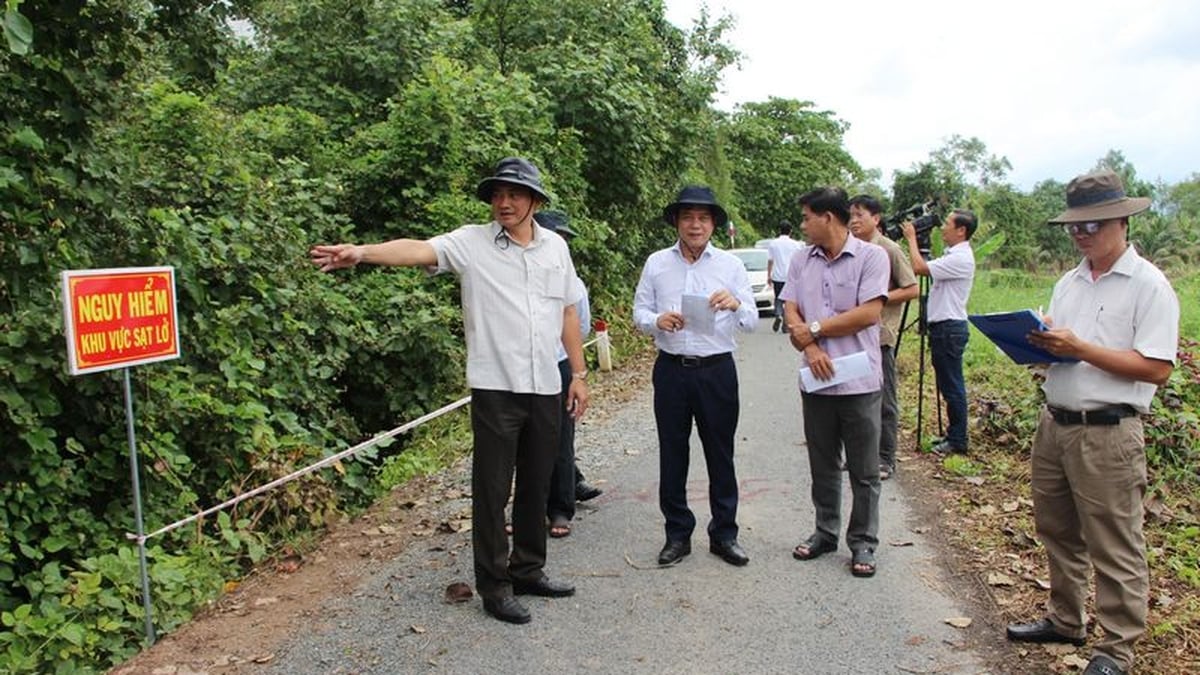

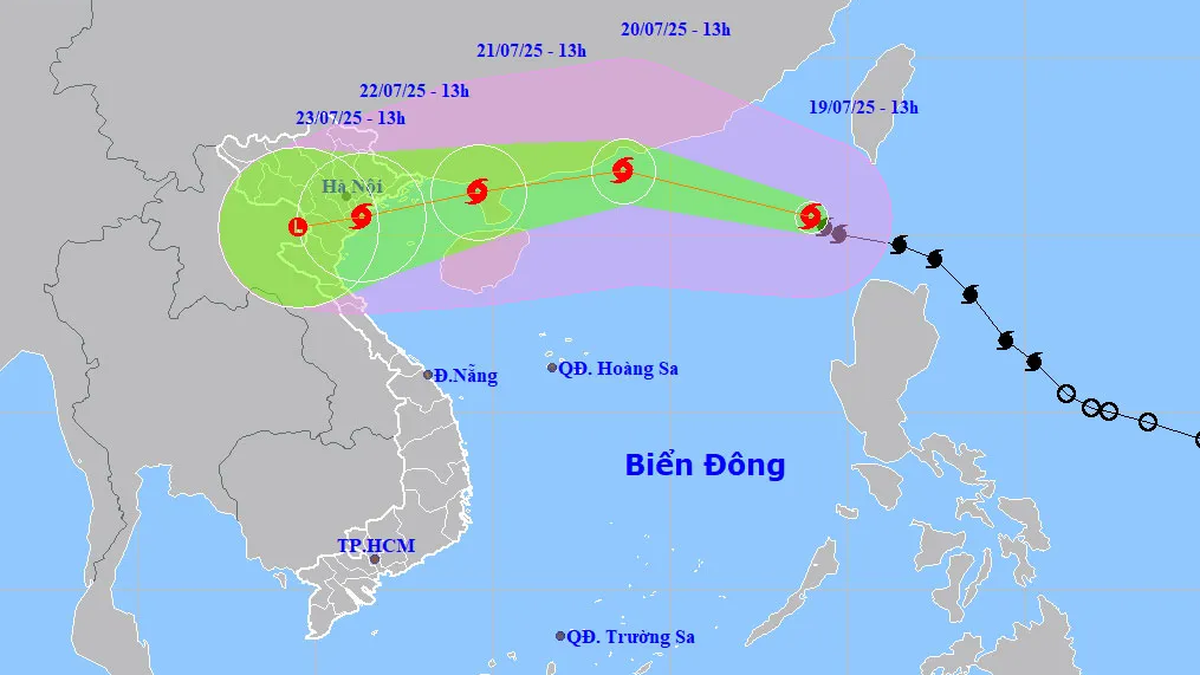

























































































Comment (0)